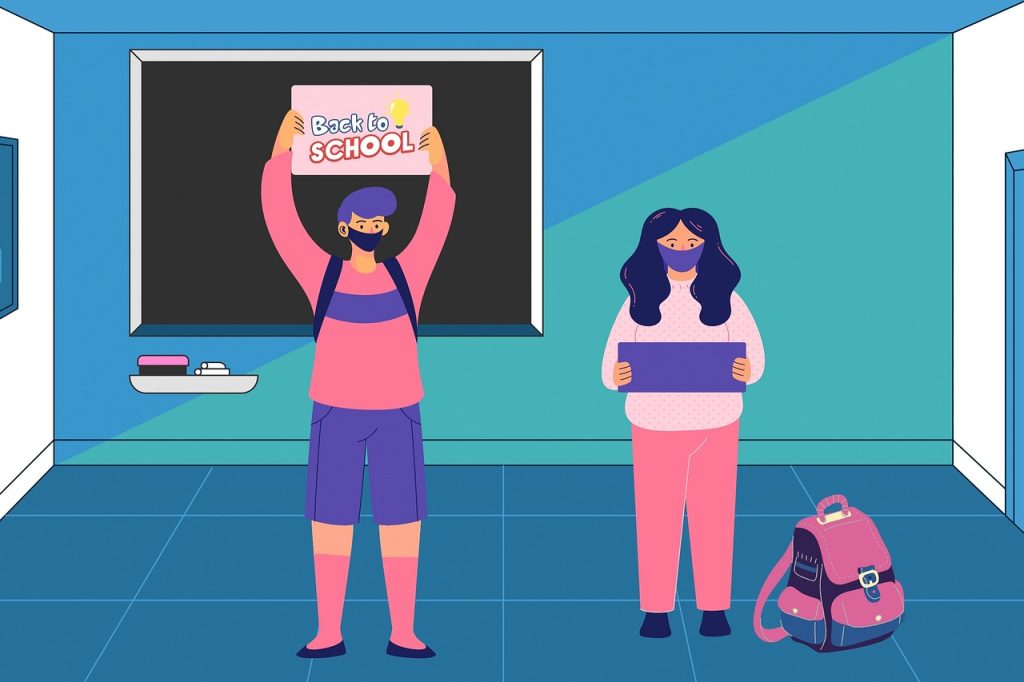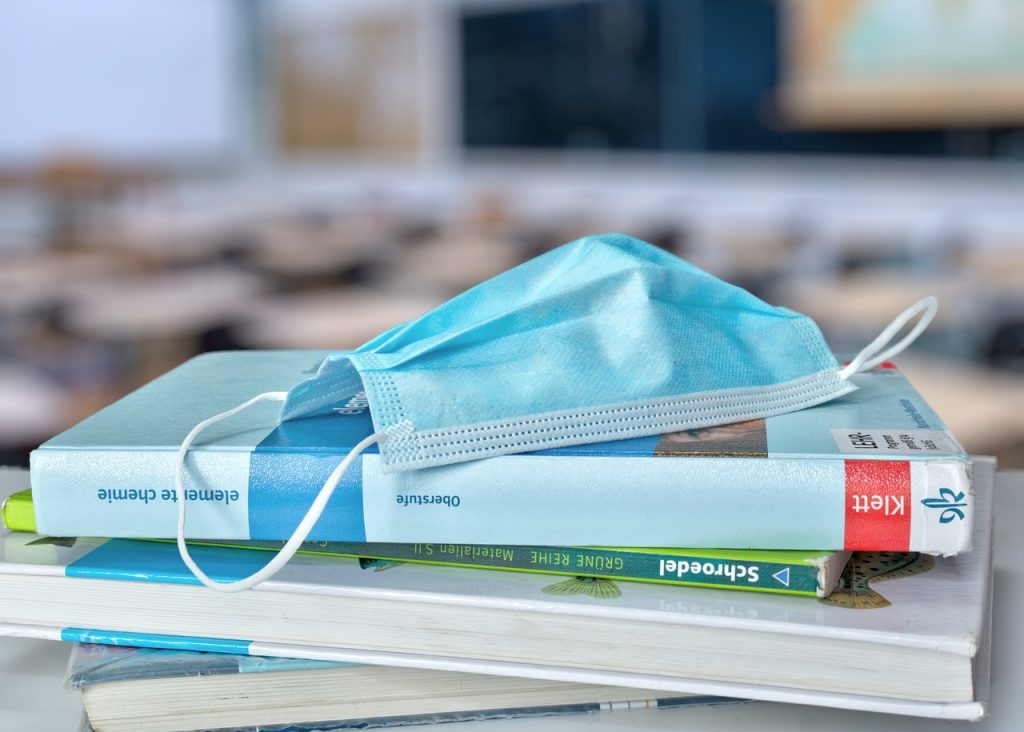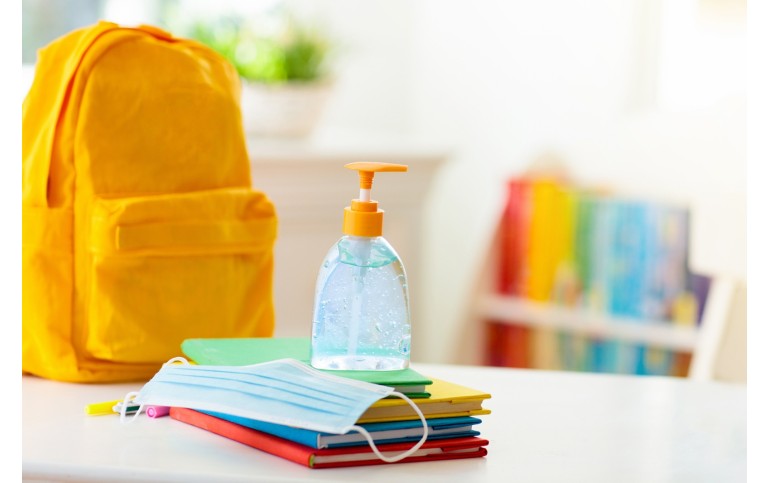Getting back to school is an ordeal, requiring complete rearrangement of schedules and routines that marked the summer holidays. While a little prepping up helps to reestablish time tables set before the holiday season, what can seem like an uphill task is the cold and infection that comes along with the reopening of the school.
Runny nose, strep throat, influenza, stomach flu… Just some of the common problems that children are prone to face as they return back to school – of course, these problems can persist all through the school year, as most primary school students – and even high school – tend to get a few episodes of cold and flu during the term.


While closed classrooms can act as triggers to spread flu and infections, the reasons for the sudden onset could range from lack of physical activities to changes wrought by the season, as many tend to travel to cooler climes during the summer vacations. According to medical experts, although it might seem like there are viruses lurking in the child’s classroom, the issue of flu and infection is also about holidays abroad and the viruses that one brings back, which needs the trigger of a closed classroom to spread.
Read More
- Why don’t more women participate in cardiac rehabilitation?
- Toxic Positivity: When “Stay Positive” Gets in the Way
- Embracing Omani parent’s culture: A Paragon to a Healthy Living
- We have plans to introduce robotic surgery in Oman, says Dr. Azad Moopen
- 175-bed multispecialty Aster Royal Al Raffah Hospital opens in Al Ghubra
This places the onus on parents to be alert to any signs of ill health, as symptoms of flu and infection are noticeable even if the child isn’t complaining. Dr. Feras Alshawaf, who has over 12 years of experience as a pediatric specialist, advises parents to watch out for symptoms like fever, cough, runny nose, less active, lack of appetite, nausea, etc, which persist for over a week. Parents also need to keep their child/children at home if there are any signs of infection, especially fever.
Experts recommend flu vaccines to be better prepared and also advice enough rest to ensure stronger immunity; sleep deprivation can lower immunity and the body’s ability to fight infections.
So, new school term does not have to mean another round of visits to doctors and clinics for common colds and infections. Read on to find out how to identify the red flags and ensure your child/children’s back-to-school is free of infections as Dr. Alshawaf shares his expertise on the subject in the following interview.

What are some of the most common infections that children tend to contract when returning to school?
The most common disease the children face during back to school is respiratory system infection, including upper and lower respiratory tract infections.
How do these infections typically spread among children in a school setting?
Children who are infected with these infections usually spread it through air droplets during coughing or sneezing – coming in contact with anything that has been touched by infected children or coughed or sneezed on can also spread the infection. One must remember that the infection is highly contagious.
Are certain age groups more susceptible to particular infections?
While children of all ages can develop respiratory infections, newborns, and children with chronic diseases (such as asthma) are at a higher risk of side effects.
What are some effective preventive measures parents can take to reduce the risk of their children contracting these infections?
Parents can reduce the risk of their children getting affected by respiratory infections by teaching them personal hygiene (washing their hands regularly, using tissue while coughing or sneezing, minimizing close contact with children already infected) and following healthy food practices.
As a precaution, children who are infected should remain at home and not return to school until they have recovered.
Are there any specific vaccinations parents should ensure for their children before the school year begins?
I highly recommend parents to give their children flu vaccine – annually – before school starts. It is safe to start giving the vaccine from 6 months and above; it will help to reduce the severity of illness, side effects and hospitalization (available at all times at Oman International Hospital with updated variants, annually).
What role does personal hygiene play in preventing the spread of infections among children?
As mentioned earlier, personal hygiene is essential in preventing respiratory infections by washing hands regularly, cleaning objects that are frequently used by children who have infection, and refresh air in the rooms by opening windows regularly.
How can parents differentiate between a minor illness and a potentially serious infection that requires medical attention?
Parents should always closely monitor for any red flags in their children and visit the doctor directly for uncontrolled fever, high fever for more than 3 days, difficulty in breathing, rashes, vomiting, less urine and less fluid intake.
What advice would you give to parents in terms of infection prevention and management?
I want to remind the parents that respiratory infection is the most common disease that can affect your children. Please keep your children safe always, follow doctors’ advice by giving flu vaccine annually and teach personal hygiene to children.







